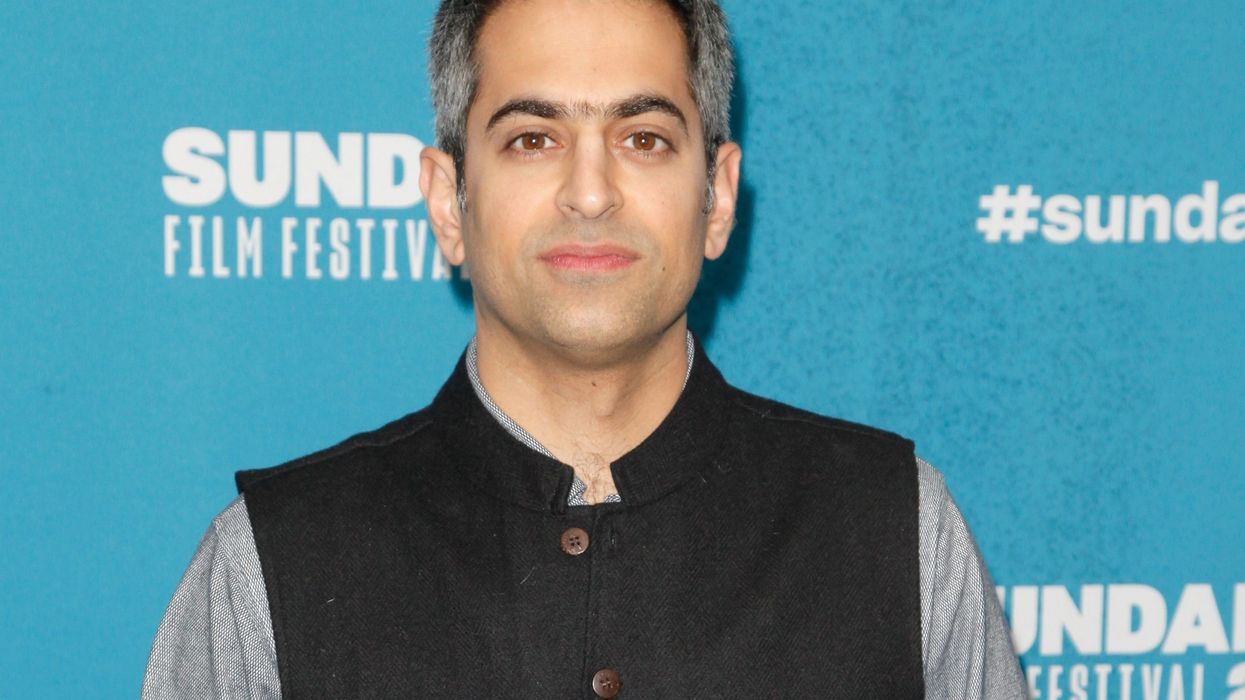Richie Mehta, who had created the International Emmy-winning Netflix series Delhi Crime, is all set to write and direct a web series based on the 1984 Bhopal gas tragedy.
The series will be produced by Ronnie Screwvala under his banner RSVP Movies and Ramesh Krishnamoorthy’s Global One Studios. It will be based on Dominique Lapierre and Javier Moro’s 1997 book, Five Past Midnight in Bhopal: The Epic Story of the World’s Deadliest Industrial Disaster.
RSVP Movies took to Twitter to make an announcement about it. They tweeted, “As we continue to tell stories that need to be told. Hundred points symbol We are delighted to have @RichieMehta onboard our screen-adaption of #DominiqueLapierre & @javiermoro123 's book 'Five Past Midnight in Bhopal'!”
While talking to Variety, Mehta stated, “The authors have done such a precise and fascinating job of mapping out the human story which creates a thread all through this disaster and is told in an impartial manner, which is very important to me as a storyteller to step back and allow the viewer to fill in that judgment, and in the case of something like this very harsh judgment, of course.”
“I think the fact that it happened in the 1980s, it is starting to evaporate from the collective consciousness of young people. Many people don’t even know about it or they hear rumors of it in India and certainly internationally. And so I feel like it’s really important to get it out there in an impartial and extremely well-researched manner, which the authors have done,” he added.
Screwvala told Variety, “We’ve been looking at storytelling in very many different ways. I believe this for global audiences and not just Indian audiences overall more and more, especially because of OTT platforms, the mixture and the combination of great storytelling with a sense of realism and moving towards more inspired by true events based on a true story actually has a lot more gravitas.”
It is not yet decided on which streaming platform the series will premiere. Screwvala said, “We want to be doing the development on our own because I think if you get into too much consensus view right in the beginning, then it becomes a bit of a challenge. We’re quite happy that we want to develop this completely on our own, go with our own conviction and go to somebody who buys in into our vision rather than being a bit of a mishmash of everyone. Because the minute you get into development funding then it becomes just too many people in the room.”




